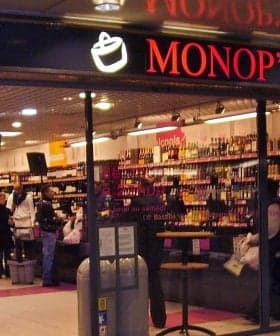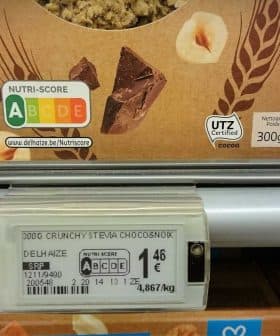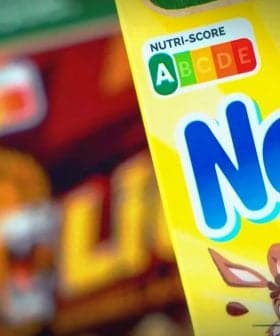Nutri-Score Does Not Penalize Traditional Food Specialties, Survey Finds
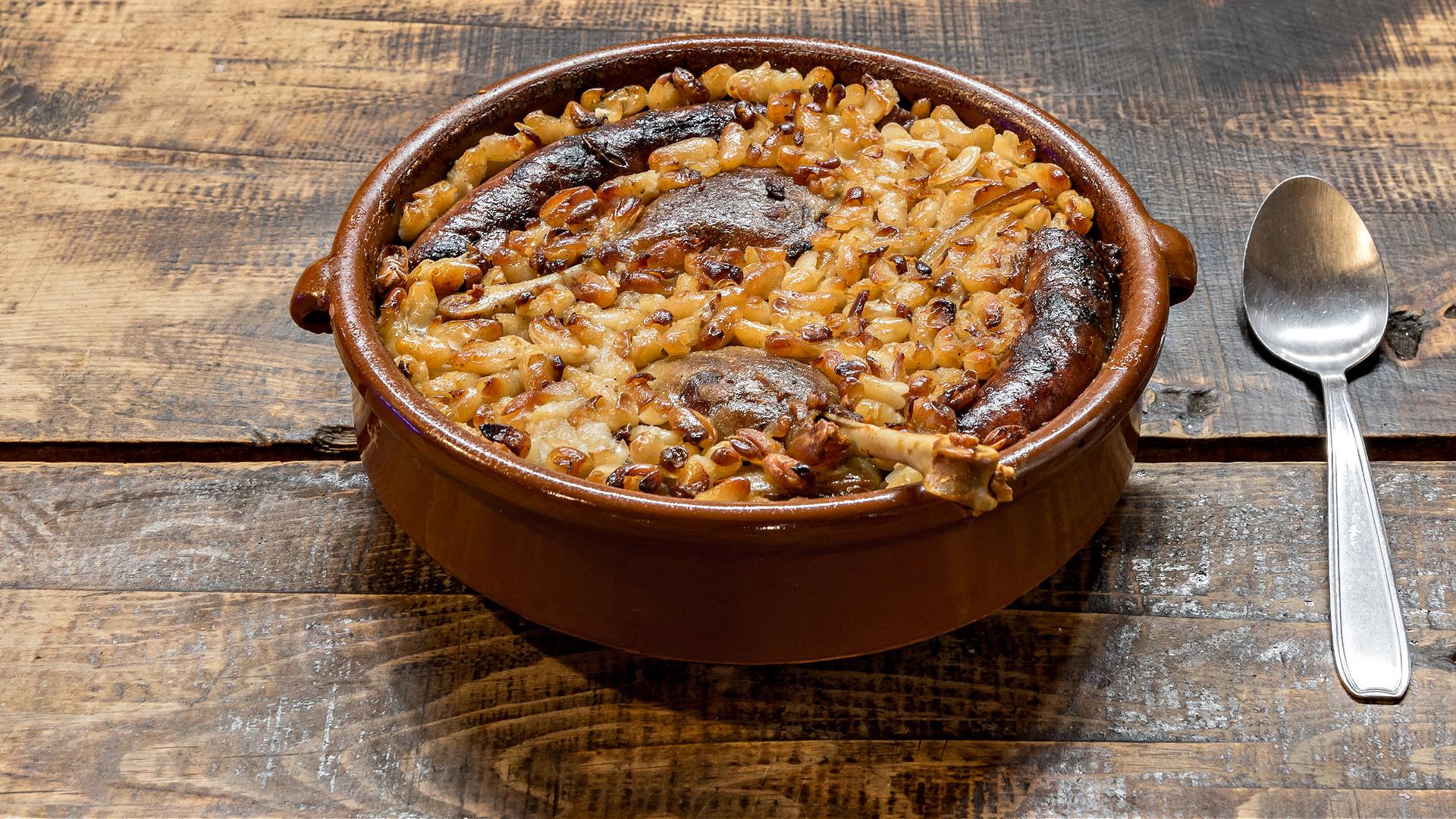
A survey by the French consumer association found that Nutri-Score labels do not penalize traditional food products with protected status from the E.U., with two-thirds of tested samples receiving good grades. The association emphasized that Nutri-Score is a useful tool for consumers to make informed choices and sent the survey results to the European Commission, urging food manufacturers to be transparent about the nutritional qualities of their products.
A survey of food specialty samples conducted by the French consumer association, UFC-Que Choisir, found Nutri-Score labels do not penalize traditional products with protected status from the European Union.
The association analyzed 588 food samples derived from 310 traditional products, many of which are certified with Protected Geographical Indication (PGI) or Protected Designation of Origin (PDO) status from the E.U.
UFC-Que Choisir wrote in a press release that at least two-thirds of those samples “got good grades” from Nutri-Score.
See Also:French Draft Bill to Exclude PDO and PGI Products From Nutri-ScoreNutri-Score grades foods based on the contents such as fat, sugar, salt and calories in 100 grams or milliliters of the food. It then rates the food with a color/letter code emblazoned on the packages, from the healthiest “Green A” down to the “Red E.”
In the survey, 62 percent of the tested food products came out with a Nutri-Score grade of A, B or C. Consumption of such foods “is often encouraged because of their superior nutritional qualities,” UFC-Que Choisir wrote.
“There are 121 food products classified as A and B, with olive oil classified as C, which is to be preferred to other kinds of fat,” they added.
In the press release, UFC-Que Choisir highlighted a few examples of renowned specialties, “traditional foods which show to be very well balanced, such as the Flemish hochepot, the Auvergne hotpot or the famous Castelnaudary cassoulet.”
Other examples include traditional meat and cold cuts, fruits and legumes, all receiving the A and B ratings. Within the Nutri-Score C classification, olive oils are in the company of products such as Alsatian spaetzle pasta or parsley ham from Burgundy.
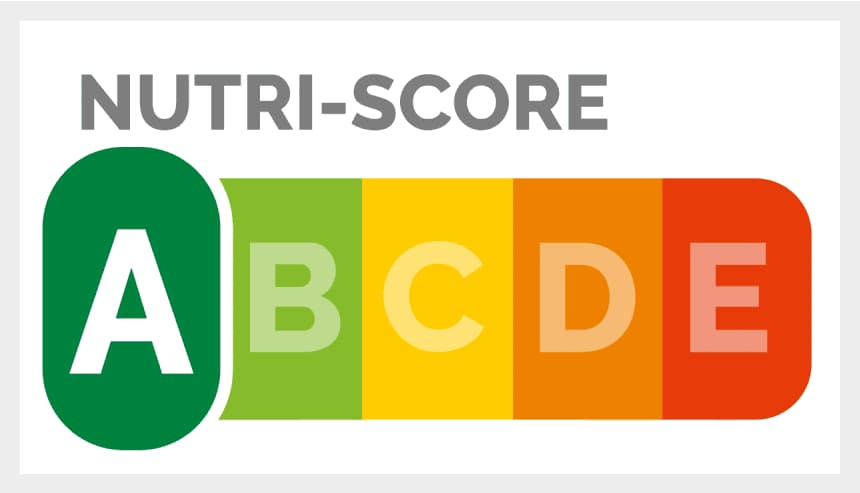
The ratings show that Nutri-Score does not stigmatize local specialties, according to the association.
In the release, UFC Que-Choisir emphasized that food products receiving a D or E from Nutri-Score “are not intended to denigrate them or prohibit their consumption, but only mean it is recommended to consume them in moderate amounts and at reasonable frequencies.”
The association added that D or E‑rated products might have their place in a balanced diet.
Nutri-Score inventor Serge Hercberg told Olive Oil Times in a July 2020 interview that Nutri-Score ratings are meant to show consumers the best available choice of food within a given food category.
For example, Nutri-Score considers olive oils the best choice in the fats category with its C, attributing a D to other fats such as butter.
The association’s survey came on the heels of the ongoing heated debate between Nutri-Score’s promoters and food producers which is intensifying as the European Commission’s self-imposed deadline of December to choose a European-wide front-of-pack label approaches.
Recently, several producers’ associations of iconic European cheeses, including the French Roquefort PDO or the Italian Parmigiano Reggiano PDO associations have voiced their opposition to the Nutri-Score.
They argued the French-born labeling system does not consider the nutritional qualities of those products and does not rate the food in quantities that will likely be consumed as a daily serving.
Olive oil associations and producers in Spain, Italy and Greece have also argued that Nutri-Score’s grade does not accurately portray the health benefits of certain grades of olive oil by grading them all with a “C.”
Like the cheese producers, olive oil producers have also stressed how the 100 milliliters sample estimates are not realistic compared to the actual consumption.
The opposition to Nutri-Score’s possible introduction in Europe has been growing since the labeling system was adopted by several countries, including France and Germany.
Italy, leading the opposition to Nutri-Score, has also presented a competing label named Nutrinform Battery, which the European Commission is currently evaluating along with several other labeling systems.
According to UFC-Que Choisir, Nutri-Score is the best tool available to allow consumers to make a quick and informed choice when buying food products.
For that reason, the association has confirmed that the survey results have been sent to the European Commission. The association concluded that it “warns food manufacturers of their responsibility in a rearguard fight to maintain opacity on unbalanced foods.”



